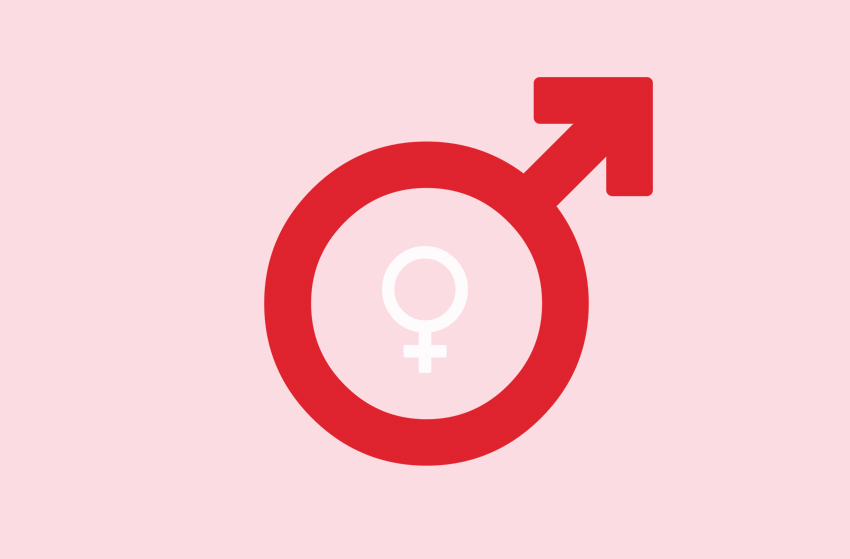The gender pay gap for full time workers is entirely in favour of men for all occupations. There is no sector that pays women more. But is exploring the position of women in the workplace the only answer?
A gender pay gap is a calculation of the difference in the average earnings (excluding overtime) of the women and men in any given population. What we generally think of as “the gender pay gap” is the difference in the average hourly earnings of male and female full-time employees in the UK labour market as a whole.
Rachel Reeves, Chair of the Business, Energy and Industrial Strategy Select Committee, said:
“Excessive executive pay and gaps in gender pay are at root an issue of fairness… Nearly 50 years on from Barbara Castle’s Equal Pay Act it is completely unacceptable that women are not fully rewarded for the jobs they do. Businesses must pay both women and men fully for the work they do and if they fail to do so they undermine public trust in how they operate. Transparency on gender pay is only the beginning. We need to examine why these pay gaps persist, why within the same sector there may be companies with wildly differing pay-gaps, and what remedies are needed to tackle them.”
The gender pay gap matters. It matters to women. It matters to our economy. It is an equality issue. It should matter to everyone.
Successive enquiries and reports have shown that tackling the underlying causes of the gender pay gap will increase UK productivity, address skills shortages, and improve the performance of individual organisations. So should we be worried that we are not expecting it to close until 2069?
From 6th April 2018, employers with more than 250 staff are required to publish data on their gender pay gaps. Opinion appears to be split on the usefulness and relevance of this exercise. Is measuring the gap really the answer? What, if any, levers have been produced by reporting that can be used to influence change?
Are we ready for the unintended consequences of gender pay gap reporting? Why aren’t we talking about the role of men in our society, to change expectations and create a level playing field? 50 years on, why are we still trying to solve the problem, and what makes us think we will have solved it 50 years from now?
